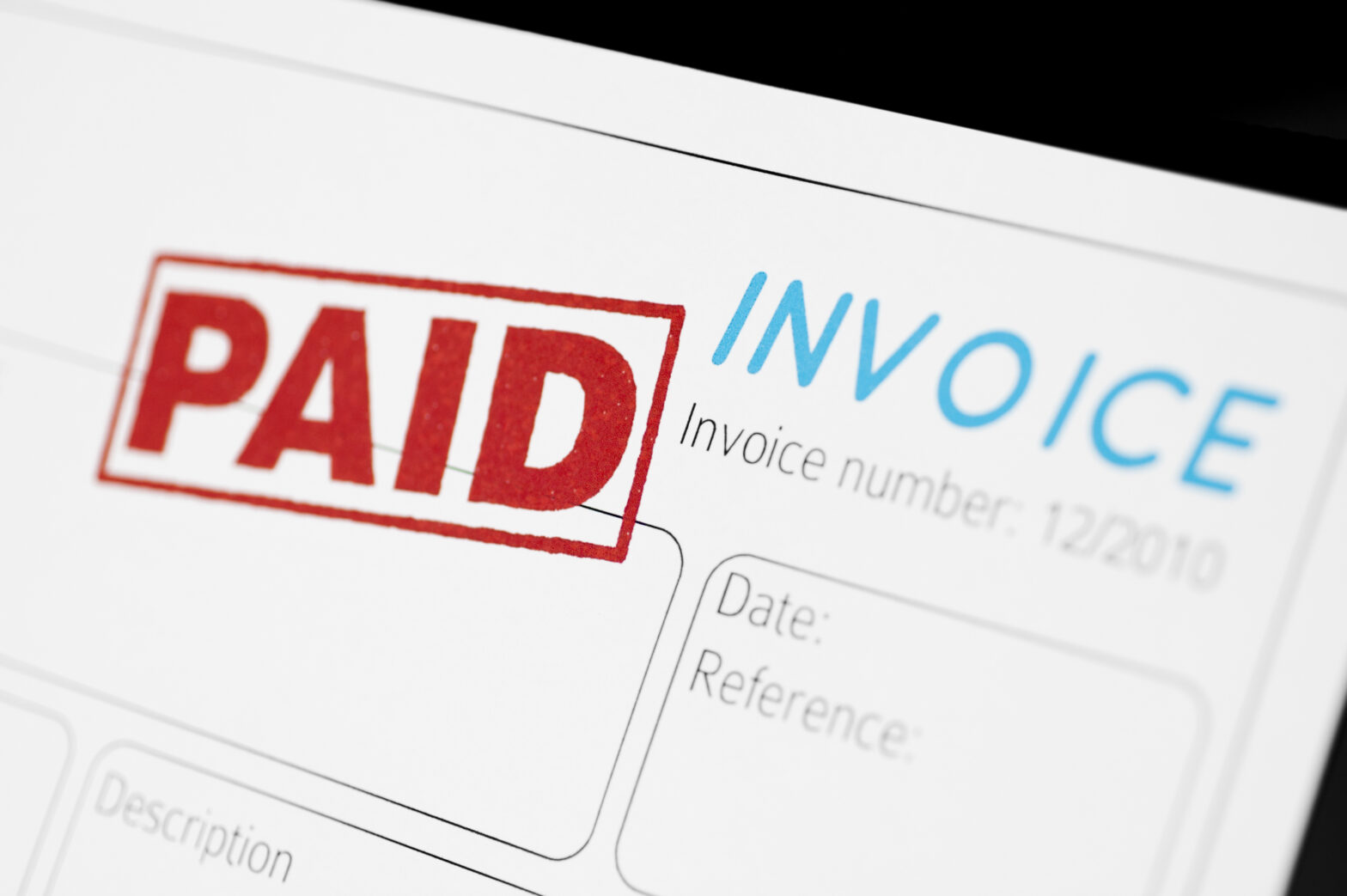Disputes over payment of outstanding invoices require a judgement over likely outcomes. How much is in dispute? Does the customer have a valid argument? How much is the customer prepared to pay? What can you do if that is not enough?
You say that the customer is prepared to pay ‘for work already done’ which implies that the invoice includes work not yet done.
In the end you have to make a decision on whether to go to court to recover the outstanding amount. The amount involved determines which legal procedure has to be followed and to an extent the costs involved. You should also think whether the claim would be disputed by your customer as this can add substantially to the costs. Many people are deterred from going down this route because they may be ‘throwing good money after bad’.
Before going to court you should try other means to get the debt paid. These include getting a solicitor or a debt collection agency to write a letter threatening legal action. This can have a sobering effect on the debtor who may be persuaded that you will go to court. While solicitors charge for a letter, debt collection agencies tend to work on a percentage of the amount recovered from the debtor. Other options include mediation or arbitration.
Following receipt of a solicitor’s letter the debtor may then decide to negotiate a settlement. You must decide how much is enough to persuade you not to go down the route of court proceedings. You should find out from the solicitor or debt collection agency how much court proceedings might cost.
.gov.uk has a section with information on debt recovery through the courts.





